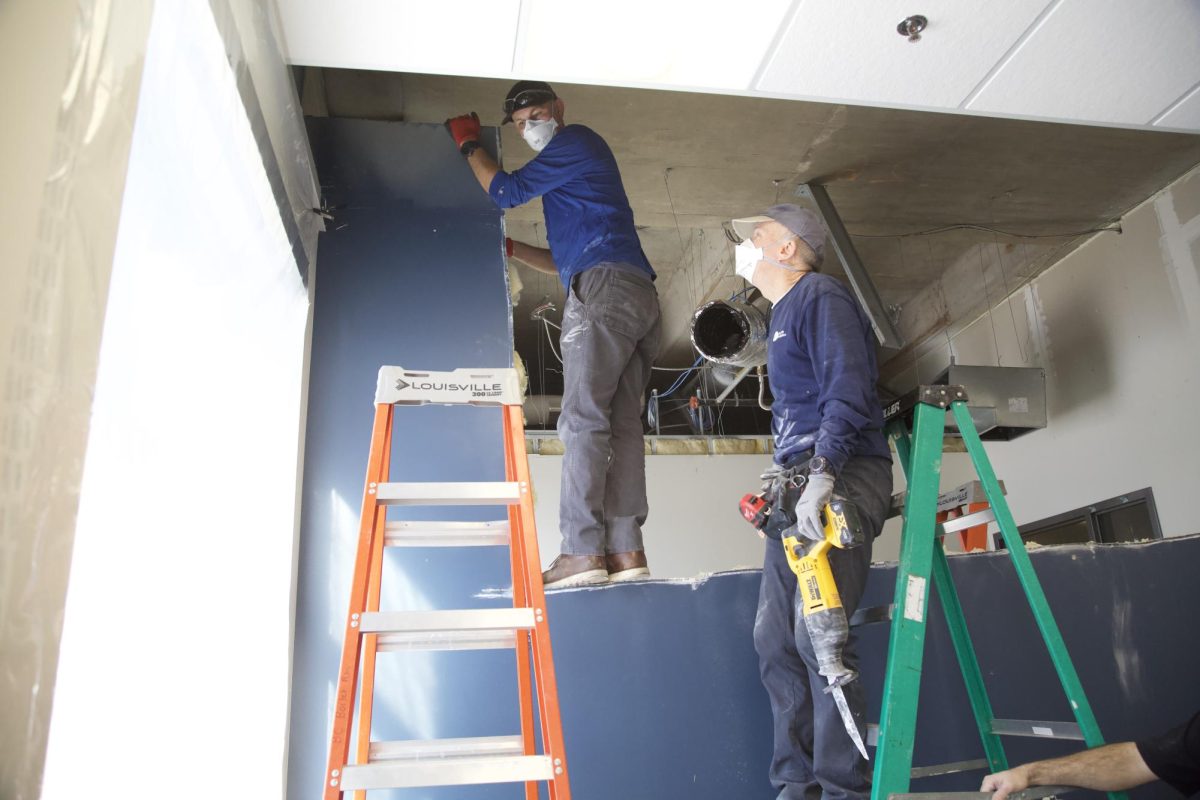Too long; didn’t read
- A new academic calendar for 2025-26 is introduced.
- Faculty receive raises.
- Graduates for May 2024 were approved.
- A committee is working on updating the Faculty Handbook.
2025-26 Academic Calendar
Associate Provost Julie Finnern introduced an academic calendar for 2025-26. Multiple options were considered to create the best plan for the spring semester, including a shortened January Session break, coming back for finals after Memorial Day and moving spring break to Easter. Ultimately, to fit the correct amount of class minutes into the semester, students will not have Advising Day and Easter Monday off.
Faculty raises
Multiple members of the Faculty Senate expressed gratitude toward the administration for the announcement of raises that went out during a recent Friday Connect meeting. Faculty salary is a step format — each faculty member was upped two “steps” after multiple years of no raises. The four faculty members at the top “step” were given a 1% raise instead. This caused frustration as all staff, who are not on a step system, were given 3% raises. The senate will vote on a resolution at the April meeting expressing disagreement with this issue.
Graduate approval
Before each graduation, the Faculty Senate recommends graduates that have been recommended by the Office of the Registrar. This list of graduates notably includes the first receiving a Bachelor’s in Science in Electrical Engineering. All spring graduates for the College of Arts & Sciences were approved.
Faculty Handbook review
Though faculty have been involved in changes to the Faculty Handbook in the past, there is no written policy mandating faculty involvement. Senator Drew Whitson from the business department explained that the committee will be creating a process surrounding updates to the handbook while also removing elements that are more fitting for an employee handbook, including specific processes for tenure and bringing the handbook into the digital age.
At the March meeting, additional discussion included identifying issues previously voted on by the Faculty Senate that are not included in the new handbook policies.




















